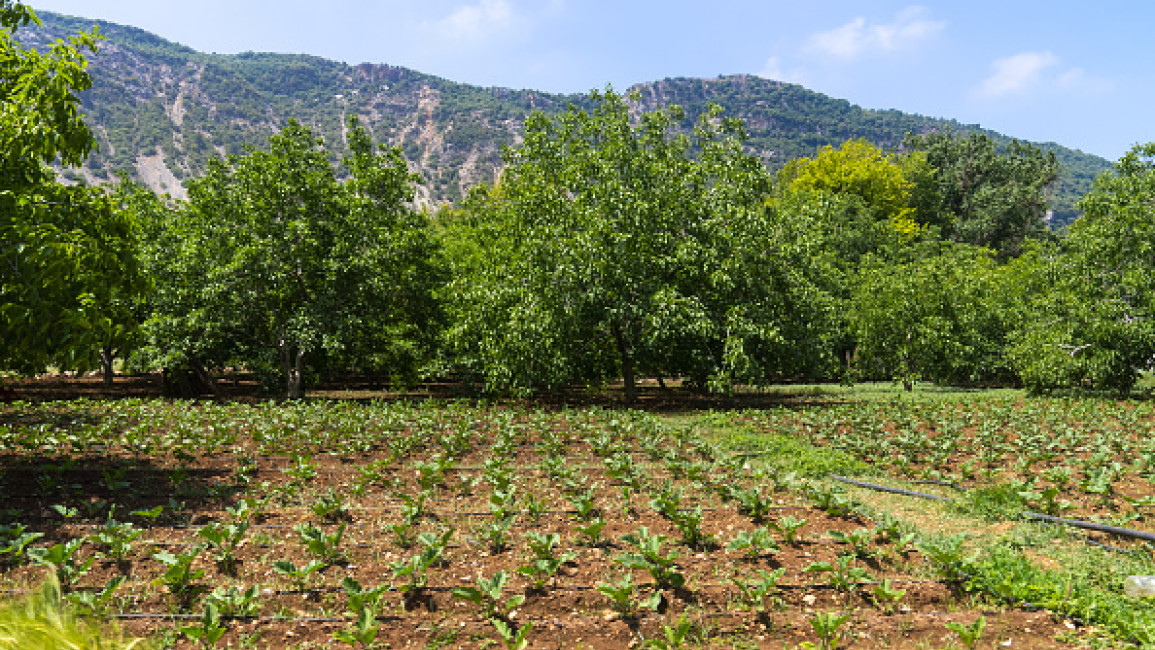'Unequal, inefficient and unsafe': UN report on Lebanon food sector
The UN released a report on Lebanon's food and agriculture sector on Monday, finding that the sector was marred by inequality, a lack of safety regulations and a heavy dependence on imports.
The UN Food and Agricultural Organisation (FAO) traced many of Lebanon's current agricultural problems to structural issues within the sector. According to the report, the sector is marked by "substantial inequality and fragmentation."
Just one per cent of landowners control over a quarter of agricultural land, while 10 per cent own around two-thirds of farmland.
Informal labourers make up a "significant proportion" of the labour force of Lebanon's food sector. These workers, including refugees and child labourers, mostly earn low wages and have limited access to nutritious food.
Local production has not kept up with population growth, and over 80 per cent of calories consumed in Lebanon are imported.
The country's economic crisis – deemed by the World Bank to be one of the world's worst since 1850 – has further damaged the sector. One World Bank survey showed that one in five agricultural enterprises have shut down since the crisis began.
Global events have also hurt the sector, with the cost of inputs hamstrung farmers' ability to grow crops affordably and safely.
Most inputs, such as fertilizer, seeds and agricultural equipment, are imported and have grown more expensive since Lebanon's 2019 financial crisis. As a result, there has been a reduction in cultivated agricultural lands and a decline in total production is expected.
Imports in the agricultural sector are controlled by just a "few wholesalers" in what the UN described as an "oligopolistic structure." This concentrates profits in the hands of the few and leads to "higher prices, reduced quality and limited varieties," within the agricultural sector.
For consumers, the over 90 per cent decline in the Lebanese Lira relative to the dollar over the last three years has made food unaffordable to most. Over two-thirds of the Lebanese population has been thrust into poverty.
Malnutrition, accordingly, is on the rise. Over 50 per cent of Lebanese are concerned about the prospect of not having enough to eat, while almost all refugees are currently unable to afford the minimum food basket for their survival needs.
Lebanon's agricultural minister previously warned of "severe hunger" due to the economic crisis.
Food that is produced suffers from a lack of food safety regulations. The UN found high use of pesticides and lack of adequate food testing, which meant that Lebanese produce fell "short of international standards."
Various countries, including Qatar, have banned certain Lebanese vegetables over the last year due to high rates of contamination.
The lack of regulations in the agricultural sector has also resulted in unsustainable farming practices, including inefficient land use practices and water resources.
The report finally urged the Lebanese government to work with "all relevant national actors" to implement policy reforms. As of the time of publishing, the Lebanese state was still led by a caretaker government, with parties yet to agree on a cabinet.



